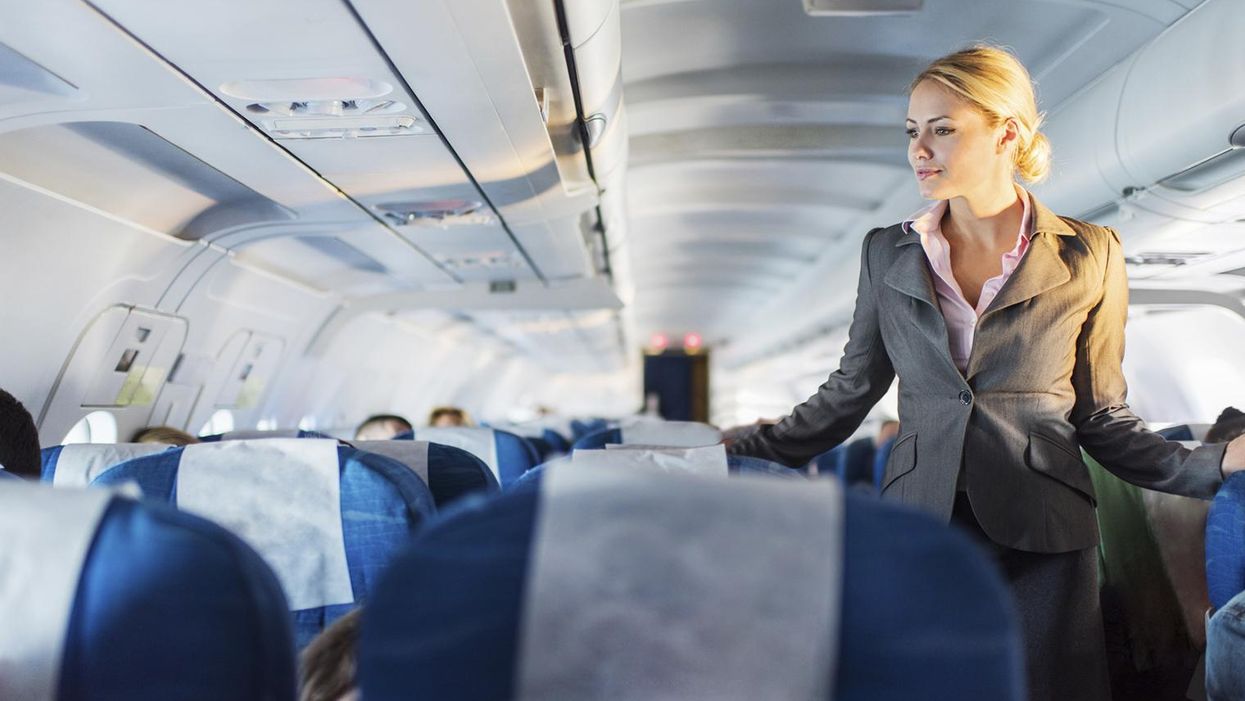News
Louis Dor
Aug 05, 2016

Picture: Getty/iStock
If, as is the case on roughly 0.3 per cent of flights, somebody dies on the plane in which you are travelling, the passenger is not legally dead until pronounced so by a doctor or authority on the ground.
As Quartz found when they consulted airlines, most do not have a solid procedure in place for this eventuality.
The exception was Singapore airlines, who told Quartz:
The deceased will be moved to an empty row of seats and covered in a dignified manner.
If no seats are available, the body will be left in the deceased’s existing seat. Customers seated next to the deceased will be moved to other available seats wherever this is possible.
Sometimes death can go unnoticed by passengers, a deceased passenger may not become discolored if seated or covered with a blanket, partly due to the expansion of gas in the body due to altitude.
However, in the scenario that bowels are evacuated due to a lack of muscle control, they are most likely to be noticed.
In documentary outtakes a British Airways instructor once told interviewers that a body would likely never be moved to the toilet, which may perhaps be seen by some as a smart move.
It’s not respectful and also they are not strapped in for landing.
This situation can also cause problems because most airline bathroom doors fold inwards and it may be difficult to reopen them if the body fell to the floor.
The International Air Transport Association advises that the deceased passenger should be moved to a seat with few nearby travelers.
They also recommend that staff are:
aware of the difficulty of the situation for companions and onlookers.
If unable to move the nearby passengers, they recommend upgrading them to first class.
Which is, at least, one positive.
More: Don't watch this plane taking off vertically if you're about to go on holiday
More: The worst seat on the aeroplane is about to get a whole lot better
Top 100
The Conversation (0)













